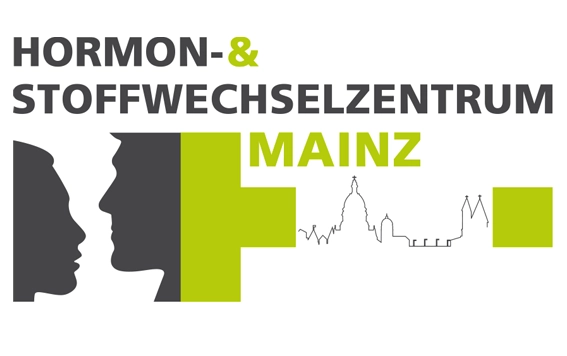Endocrinologist from Mainz: Hashimoto, a disease with many faces
The more stress, the greater the risk of the autoimmune disease Hashimoto
Tiredness, weight loss, freezing, heart rhythm disturbances and depression are just a few of the symptoms associated with Hashimoto’s, a thyroid disorder. Working women in Germany in particular suffer from Hashimoto’s. Autoimmune diseases of the thyroid gland are a widespread disease, with around 10 per cent of women and 2 per cent of men suffering from Hashimoto’s thyroiditis. This type of autoimmune thyroid disease can lead to hypothyroidism (Hashimoto’s) or hyperthyroidism (Graves’ disease). 10 per cent of the total population have detectable elevated thyroid autoantibodies in their blood. 7.5 per cent of people in Germany have elevated hormone levels and therefore latent hypothyroidism.
Endocrinologist Prof Wüster: Hashimoto’s thyroiditis is a chronic inflammation of the thyroid gland
‘Hashimoto’s,’ says Mainz-based endocrinologist Dr Christian Wüster, ’is a chronic inflammation of the thyroid gland. The body’s own immune system attacks the thyroid gland and damages it. This is known as an autoimmune disease. The result is an underactive thyroid gland. The thyroid gland no longer produces enough hormones.’
Hypothyroidism: thyroid gland produces too few hormones
The thyroid gland is shaped like a butterfly. The organ is a hormone centre that controls our body’s metabolism. If the immune system attacks the thyroid gland, this initially leads to an overproduction of hormones. This hyperthyroidism causes nervousness and constant restlessness. Symptoms include palpitations, high blood pressure and stress.
Hyperthyroidism causes nervousness, restlessness, palpitations, high blood pressure and stress
Hyperthyroidism is followed by the second phase – permanent hypothyroidism. Symptoms include depression, circulatory problems and fatigue. However, weight gain, hair loss and brittle hair can also be the result. ‘The symptoms are very individual. Hashimoto’s is a disease with many faces,’ says endocrinologist Prof Dr Christian Wüster. There is no known causal therapy for the thyroid autoimmune disease. Functional disorders such as hyperthyroidism or hypothyroidism must be treated accordingly.
Note: This article only contains general information and must not be used for self-diagnosis or self-treatment. Under no circumstances can this article replace a visit to the doctor.

